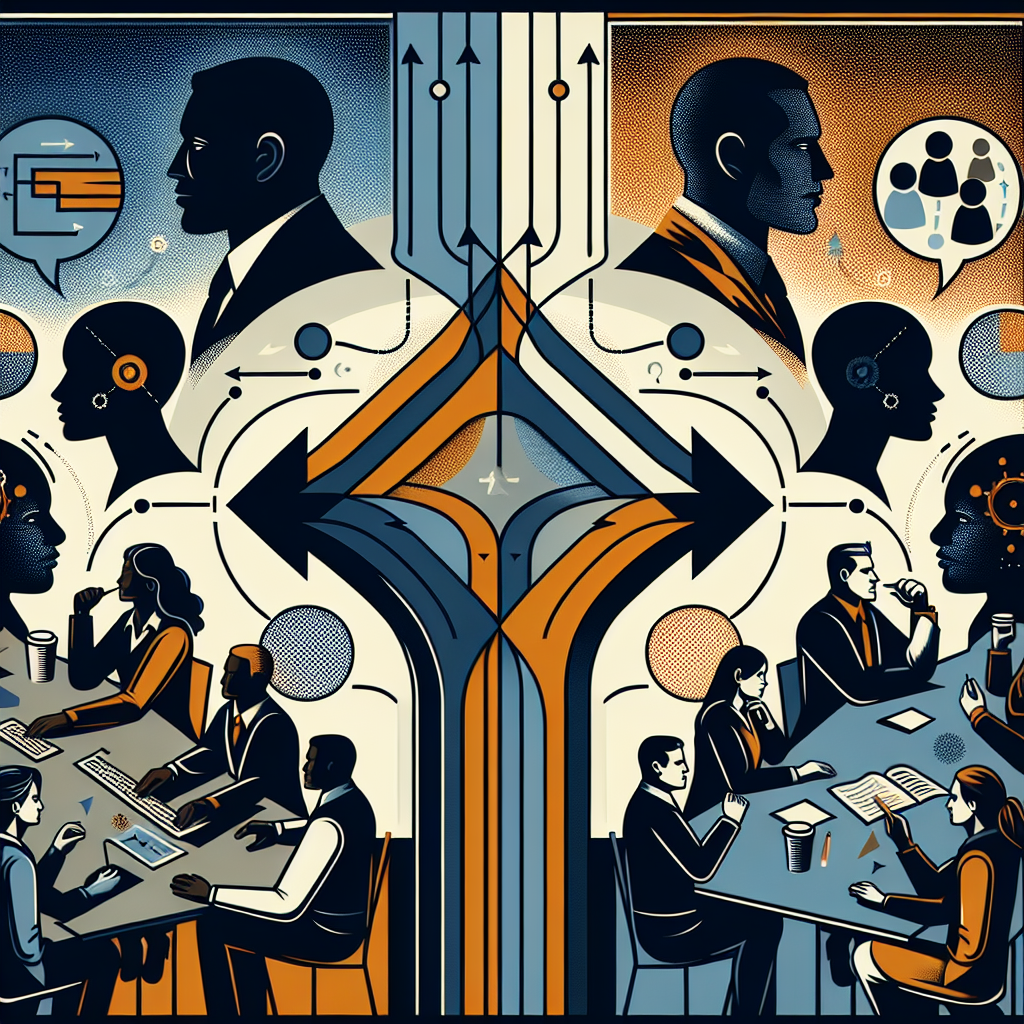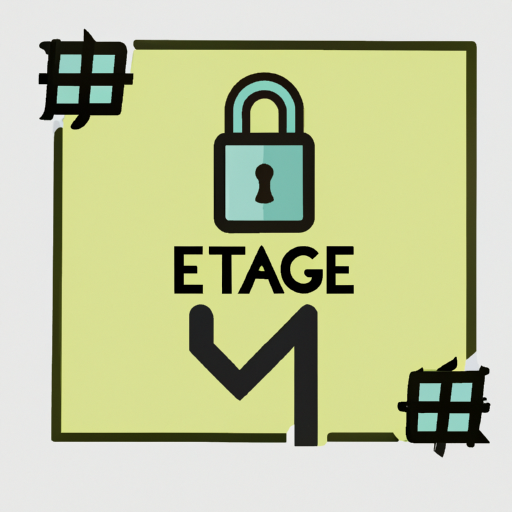The Latest on the WordPress Fight Over Trademarks and Open-Source
The WordPress community is witnessing a significant trademark dispute that could shape the future of open-source projects. As stakeholders navigate these challenges, the resolution is crucial not only for WordPress but for the open-source movement as a whole. This article delves into the heart of the dispute, its impact on developers and users, and examines the roles of key players in finding a resolution.
Understanding the WordPress Trademark Issues
At the center of the conflict are trademarks associated with the WordPress brand. Trademarks are vital as they protect brand identity and ensure that the essence of WordPress as a reliable and high-quality platform is maintained. Historically, trademark disputes in technology, such as the Oracle vs. Google case over Java, have highlighted the complex relationship between intellectual property rights and open-source ethos.
The WordPress Foundation, a nonprofit organization founded by Matt Mullenweg, oversees the WordPress trademarks. The foundation’s goal is to safeguard the project’s core values while balancing commercial interests. However, tensions arise when the trademarks, meant to protect the brand, seem to conflict with the open-source community’s collaborative spirit.
The Impact on Open-Source Development
Trademark disputes like this have significant repercussions for the open-source community. Developers depend on clarity and freedom to contribute and innovate without fearing legal repercussions. When trademark issues arise, they can stifle creativity and discourage new developers from participating. Moreover, users are affected when their preferred platforms become embroiled in legal challenges that may disrupt services or introduce uncertainty.
The GPL (General Public License) plays a critical role here. It sets the framework for open-source use, sharing, and modification, promoting collaboration and transparency. Ensuring that trademarks respect the principles of GPL is vital for maintaining the integrity and growth of open-source projects.
Key Players and Their Roles
The WordPress Foundation is pivotal in this dispute, representing the brand and safeguarding its trademarks. Developers, including both core contributors and third-party plugin or theme developers, are advocating for a balanced approach that respects both intellectual property rights and the open-source philosophy.
Key stakeholders such as Automattic (a major company closely affiliated with WordPress) have a vested interest in the outcome. Their role includes shaping policies that align commercial viability with community-driven innovation.
Looking Ahead: Potential Outcomes and Solutions
As the dispute continues, several potential resolutions are emerging. One solution involves establishing clearer guidelines on trademark usage that harmonize with GPL principles, ensuring developers can contribute freely while trademarks remain protected. Another potential outcome could be increasing community involvement in decision-making processes, fostering a sense of collective stewardship over WordPress and its assets.
If resolved amicably, this dispute could serve as a blueprint for handling similar conflicts within the open-source community. It could also reinforce the importance of collaboration and dialogue in preserving the open-source ethos even as intellectual property issues arise.
As we wait for a resolution, the community’s involvement remains crucial. By staying informed and actively participating in discussions, developers and users alike can help steer WordPress toward a future that champions both innovation and brand integrity.
Conclusion
Trademark disputes within open-source projects like WordPress highlight the delicate balance between protecting brand identity and fostering community-driven innovation. As this dispute unfolds, it’s essential for the WordPress community to stay engaged, informed, and proactive. By doing so, we can ensure that the resolution aligns with the spirit of collaboration that drives the open-source movement. Let’s work together to preserve the ethos that makes WordPress and other open-source projects powerful catalysts for change.
Stay tuned for updates and be a part of the conversation—our collective effort is key to shaping the future of open-source development.





